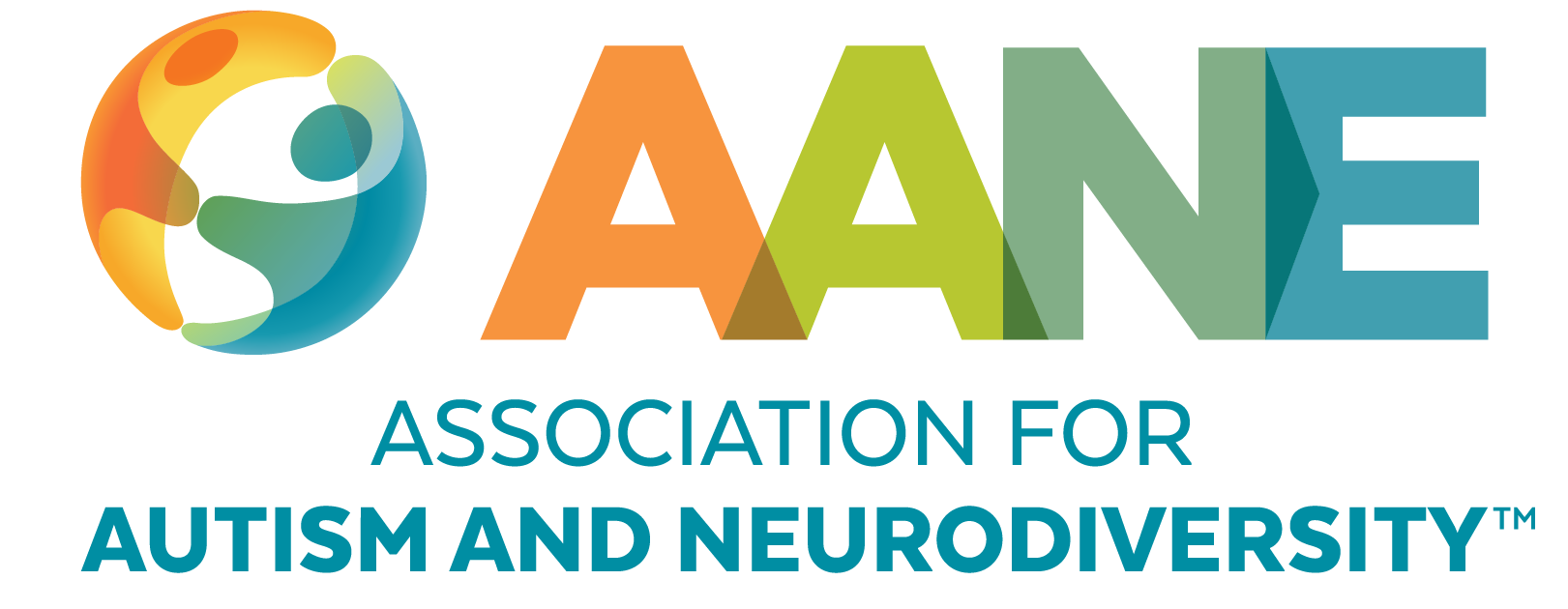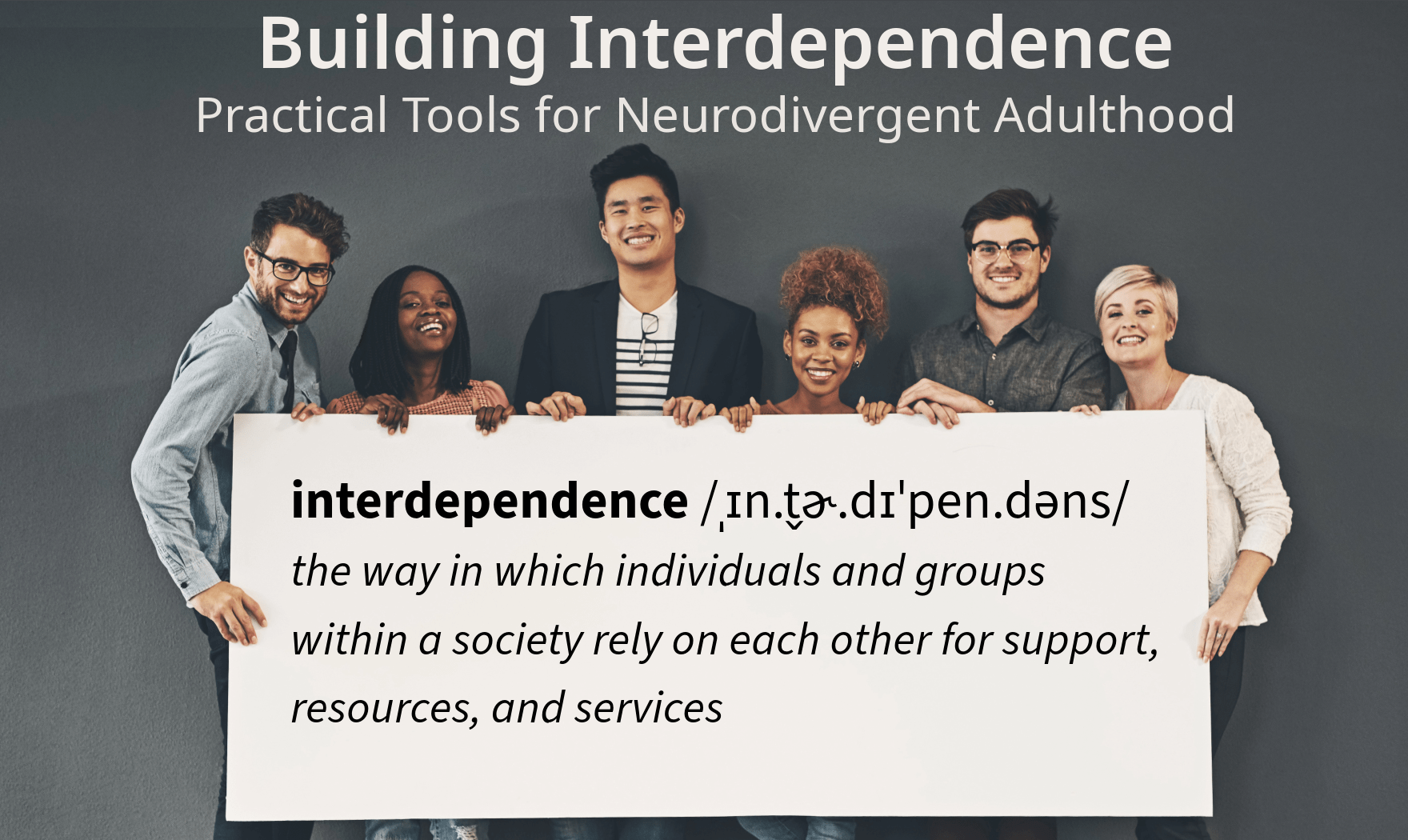
Self-Sufficiency and Support: Managing Daily Life

There are many aspects to adult living — from buying groceries and paying bills to figuring out transportation and managing appointments. Many Autistic individuals wonder how to navigate adulthood successfully. Society’s expectation of “achieving independence” is an idea that often looms large and doesn’t accurately reflect reality. In various ways, all adults depend on others to help them with the things they need.
Daniel, an Autistic member of AANE’s LifeNet program, shares his journey, the importance of support systems, and advice for Autistic adults as they manage daily life.
Starting Out
Once he received an autism diagnosis at age three, Daniel had special education services, speech and occupational therapy, and a support aide throughout his school years. The assistance he received from his educators and at home was an overall positive experience.
But as an adult, Daniel began working towards a balance between doing things for himself and seeking support. “I feel pretty good doing my own shopping, getting around, and stuff like that,” said Daniel. “To be honest, getting motivated to do something, that’s the thing that’s been challenging.”
Living in a supported housing environment, Daniel shared that having support staff and his LifeNet team have been instrumental in helping him engage in tasks and maintain motivation to complete them. “I think just the verbal cues of them saying, ‘Let’s look up a recipe online,’ or ‘Make sure you do your chore today’ – just saying things like that can really just help me and motivate me to do it.”
Finding Strategies that Work
Daniel shared that one of his key techniques for managing challenging tasks is to work on it a bit at a time and take breaks in between. Playing games, listening to music, or doing other things he enjoys allows him to divide up a chore easily. Sometimes even taking a few deep breaths if he starts to feel stress is all he needs. “Just like the saying goes, just take baby steps toward it,” he said. “Do it little by little and it’ll be done before you know it.”
To do this effectively, there are three important components:
- Planning ahead: Building in extra time to complete a task allows for breaks and helps to keep from feeling rushed.
- Use available support: Whether it is helpful reminders, check-ins, or being available to answer questions that arise, any kind of available support can help stay on track.
- Persistence: Taking breaks helps from becoming overwhelmed and staying focused, but it is important to set limits and return to the task to see it through.
“Just try. Make sure you give yourself enough time to not have to do it all at once,” Daniel said. “Use whatever you’ve got for support. Make sure you advocate for yourself, because if you don’t, you could put yourself in a really stressful situation.”
The Role of Support in Adulthood
Daniel emphasized the importance of having a support system in place, acknowledging that sometimes he has to remind himself that it is acceptable to seek assistance. “I do feel like I need to make sure I’m asking for more help because I feel like there have been so many times when I’ve put off asking for help until it’s too late,” Daniel reflected.
However, he recognizes that it is easier for him now that it was. “I know myself better now and I think I have a better idea of what I need and what my strengths and weaknesses are,” Daniel explained. “I think that has made it a bit more comfortable asking and advocating for myself if need be. I really need to improve on that a little bit more – just making sure I know it’s ok to ask for help if I need it.”
Advice for Autistic Adults
Offering advice to other Autistic adults, Daniel underscored the significance of utilizing available support, whether it comes in the form of friends, family, or professional caregivers. For those who have had negative experiences with support, Daniel advises offering suggestions so that things can go more smoothly next time, or if the difficulty persists, it might be necessary to make a change. “If you have a whole bunch of bad experiences with the support person, then maybe you should get a new support person because this is just not the right one,” Daniel said.
More than anything, Daniel wanted to encourage other Autistic adults. “I really want to send an empowering message to any Autistic adult who’s facing challenges because I really just want them to know that there’s always chances there,” he said. “There’s plenty of opportunities to get support to help you to improve yourself in the future. There’s still plenty more of the journey to come.”
Visit AANE’s LifeNet page to learn more about our team-based living support program.
Stay Current
Subscribe for AANE weekly emails, monthly news, updates, and more!




